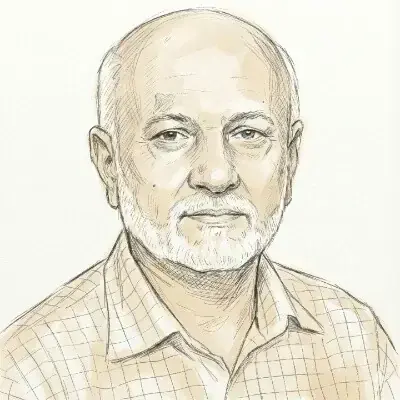ISLAMABAD: Pakistan is home to 100 million adults without a bank account, with 13 per cent adults citing religious concerns as a reason for not having account at a financial institution, a World Bank report on the use of financial services revealed.
The ‘Global Findex Database’ said high costs turned out to be at least as important as religious concerns in each of the economies — cited by 21pc in Pakistan and 19pc in Turkey. And the share who reported religious concerns as their sole reason for not having an account was minuscule — 2pc in Pakistan and 1pc in Turkey.
As a whole in South Asia, the share of adults without an account rose by 23pc, to 70pc. Globally, about 1.7 billion adults remain unbanked — without an account at a financial institution or through a mobile money provider - compared to 2bn in 2014.
Since account ownership is nearly universal in high-income economies, virtually all unbanked adults live in developing economies. China and India, despite having relatively high account ownership claim large shares of the global unbanked population due to their sheer size.
China is home to 225m adults without an account and has the world’s largest unbanked population, followed by India (190m) and Indonesia (95m). Together with Pakistan, Nigeria, Mexico and Bangladesh, these countries are home to nearly half the world’s unbanked population.
Women are over-represented among the world’s unbanked, at about 980m without an account, accounting for 56pc of all unbanked adults globally. They are also disproportionately represented among the unbanked in most economies as most developing economies have a gender gap in account ownership, though the size varies. In Bangladesh, Pakistan, and Turkey, the gender gap is nearly 30pc.
The global findex data also cover payments for private sector wages as well as other payments for work - such as those for the sale of agricultural products. Globally, 28pc of adults receive private sector wages — 46pc of adults in high-income economies and 24pc in developing ones. In high-income economies most receive these payments into an account; in developing economies only about half do so.
Globally, 52pc of adults — or 76pc of account owners — reported having made or received at least one digital payment using their account in the past year. In high-income economies the share was 91pc of adults (97pc of account owners) versus 44pc of adults (70pc of account owners) in developing economies .
The use of digital payments is on the rise, and the share of adults around the world making or receiving digital payments increased by 11pc between 2014 and 2017. In developing economies the share of adults using digital payments rose by 12pc, to 44pc.
About half of the adults worldwide reported saving money in the past year with 71pc reported doing so in high-income economies compared to 43pc in developing economies. Nearly half of the adults in high-income economies reported saving for old age compared to only 16pc in developing countries. And in both economies alike, 14pc reported saving to start, operate, or expand a business.
Almost 50pc of adults worldwide reported borrowing money in the past year with a higher share in high-income economies, where most borrowers rely on formal credit, extended by a financial institution or through a credit card. By contrast, borrowers in developing economies are most likely to turn to family or friends.
Globally, about 230m unbanked adults work in the private sector and get paid in cash only - and 78pc of these wage earners have a mobile phone. A billion adults worldwide who have an account still use cash to pay utility bills. If more utility providers offered an attractive option for paying bills digitally, both sides could benefit from greater efficiency. Many adults who are employed and have an account still get paid in cash. About 300m account owners globally work in the private sector and get paid in cash, while roughly 275m account owners receive cash payments for the sale of agricultural products.
Unbanked adults tend to have low educational attainment. Worldwide, 62pc of the unbanked have a primary education or less, compared with about half of the overall adults in developing economies. This share is even higher in Pakistan at 75pc. Globally, only 38pc of the unbanked have completed high school or post-secondary education.
Published in Dawn, April 22nd, 2018



































